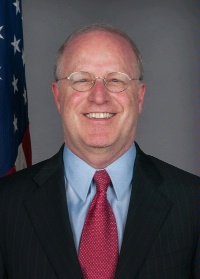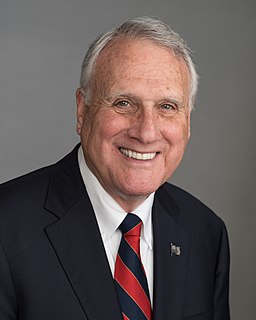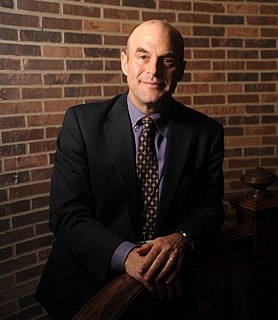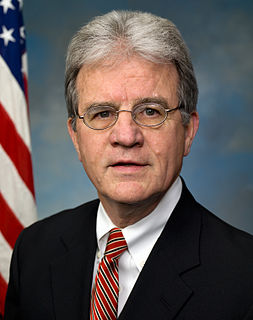A Quote by Cliff Sloan
There is no more moving a professional relationship than that between a law clerk and a Supreme Court justice. As a place to work, the court is unique in its intimacy and intensity.
Related Quotes
The Supreme Court is about the Constitution. It is about constitutionality. It is about the law. At its bear simplest, it's about the law. It is not about the Democrat Party agenda. Because that's what it's become. The whole judiciary has become that because that's the kind of people they have put on various courts as judges, and every liberal justice on the Supreme Court is a social justice warrior first and a judge of the law second. And if they get one more, then they will have effectively corrupted the Supreme Court.
In fact, Native American Rights Fund has a project called the Supreme Court Project. And quite frankly, it's focused on trying to keep cases out of the Supreme Court. This Supreme Court, Justice Roberts is actually, hard to believe, was probably worse than the Rehnquist Court. If you look at the few decisions that it's issued.
I am very proud of our Supreme Court - it is one of the best worldwide. Nevertheless, since the 1990s, we have seen a certain imbalance in the relationship between the judiciary, the parliament and the government. The Supreme Court behaved in an activist way. We have to debate the degree to which such Supreme Court activism is appropriate.
Class warfare always sounds good. Taking action against the rich and the powerful and making 'em pay for what they do, it always sounds good. But that's not the job of the Supreme Court. The Supreme Court standing on the side of the American people? The Supreme Court adjudicates the law. The Supreme Court determines the constitutionality of things and other things. The Supreme Court's gotten way out of focus, in my opinion.
The notion that the Supreme Court comes up with the ruling and that automatically subjects the two other branches to following it defies everything there is about the three equal branches of government. The Supreme Court is not the supreme branch. And for God's sake, it isn't the Supreme Being. It is the Supreme Court.
The real debate is we've had an activist court, and the American people don't want an activist court. And the real fear from those who might oppose Samuel Alito is that he'll bring the court back within a realm where the American people might want us to be with a Supreme Court; one that interprets the law, equal justice under the law, but not advancing without us advancing, the legislative body advancing, ahead of him.
I’ve chosen not to challenge the rule of law, because in our system there really is no intermediate step between a Supreme Court decision and violent revolution. When the Supreme Court makes a decision, no matter how strongly one disagrees with it, one faces a choice –are we, in John Adams’ phrase, a nation of laws, or is it a contest made on raw power?






























